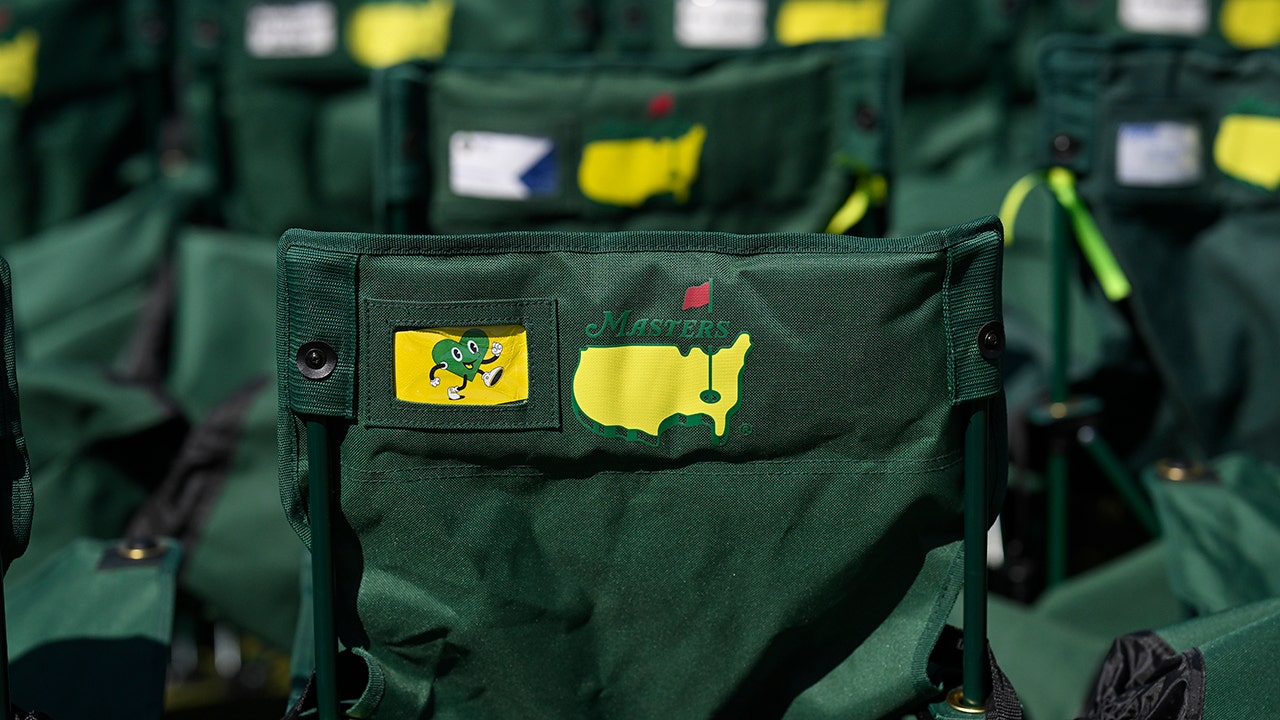Cutting Ukraine off from its most fertile land and main export hub will have long-term repercussions on global food exports, analysts say.
Russia’s invasion of Ukraine has sent food commodity prices soaring in March to the highest levels ever recorded, bringing to the forefront the global implications of its military offensive on the former breadbasket of the Soviet Union.
As Moscow refocuses its military efforts on Ukraine’s east, readying massive forces for part two of its offensive, analysts have warned a Russian takeover of Ukraine’s ports and most fertile stretch of land will have repercussions on Ukraine’s food exports to be felt the world over.
“There is no sufficient alternative to cover the gap,” Roman Slaston, director of the Ukrainian Agribusiness Club (UCAB), adding many countries in the world will be prone to “starvation, hunger riots, refugee migration without Ukraine’s food supply”.
The former Soviet nation was the world’s sixth-largest exporter of wheat in 2021, with a 10 percent share of the market, according to the United Nations, as well as one of the world’s top exporters of barley and sunflower seeds.
Every second to third piece of bread in Africa and the Middle East is produced from Ukrainian wheat, according to the Global Hunger Index. Forty-seven countries had high levels of hunger in 2021 and the war in Ukraine is estimated to bring this number to more than 60 countries in 2022.
Ukrainian President Volodymyr Zelenskyy said Ukraine is not willing to give up territory in the eastern part of the country to end the war with Russia and is preparing to offer tough resistance.
Should it lose the regions of Luhansk, Donetsk, Zaporizka and Khersonska, where Russia has been advancing with the likely intent of securing a land bridge to the Crimean Peninsula seized in 2014, it would be deprived of almost one-quarter of its agricultural output, according to data collected by the US Department of Agriculture and compiled by Al Jazeera.
More importantly, analysts have said, the loss of the ports in the besieged south would make crop shortages and the consequent rise in food prices a permanent reality the global food market will have to reckon with.
No ports, no exports
Moscow claimed last week that it seized the strategic port city of Mariupol, on the Azov Sea, a key export hub. It also took control of Kherson, a port city on the Black Sea and the Dnieper River, and is laying waste to the nearby Mykolaiv.
Even in port cities spared from the heaviest fighting, such as Odesa, Russian warships in the Black Sea have scared off commercial vessels.
Slaston, whose non-governmental organisation unites more than 130 representatives of the agro-food sector, said farmers have turned to less efficient routes including rail and road transportation towards the western border, but these allow for much fewer exports.
“For instance, the export of sunflower seeds is now down to 15-20 percent of prewar levels,” Slaston said. “These quantities are insufficient to supply to the global market.”
A report by the United Nations’ Food Agriculture Organisation (FAO) described the “immediate food security dimension of this conflict” as being related to food access rather than food availability.
FAO economist Monika Tothova told Al Jazeera that 90 percent of commodity exports were going through ports in the Black Sea and the Azov Sea before the war.
“If Ukraine continues not to be able to export through the sea, this is going to put additional pressure on [global market] prices,” at least until other producers – including the European Union and India – can step up, she said.
FAO’s Food Price Index rose 12.6 percent in March compared with February, when it had already reached its highest level since its inception in 1990. The Cereal Price Index was 17.1 percent higher in March as a result of the war, while the Vegetable Oil Price rose 23.2 percent, driven by higher quotations for sunflower seed oil.
If Russia were to seize the breakaway provinces of Donetsk and Luhansk, which collectively account for 8 percent of the total agricultural output, the effect on food security would be limited, Tothova said.
“But if it also includes the areas that are important for shipping in the Black Sea ports, that will have a serious impact on the global markets,” the economist added.




